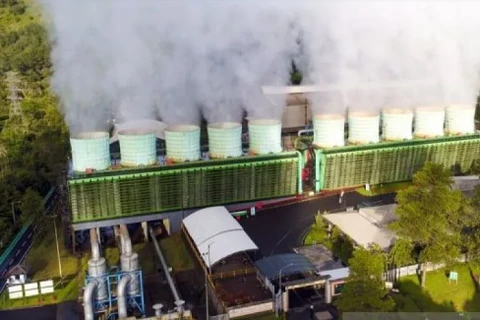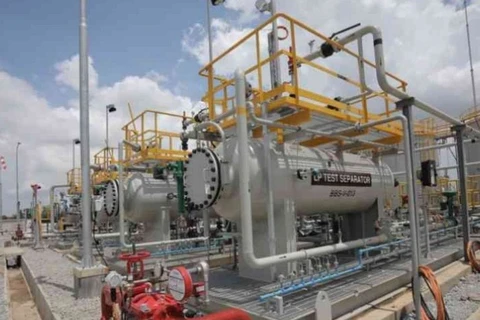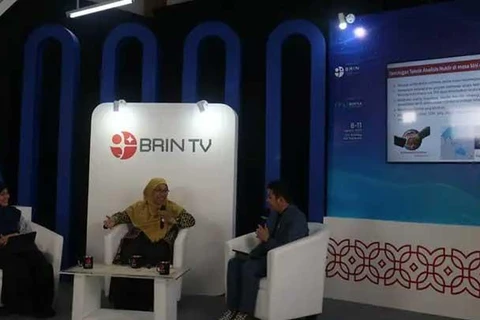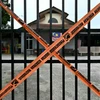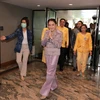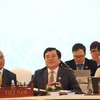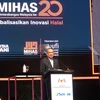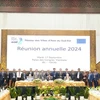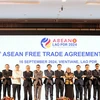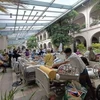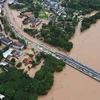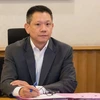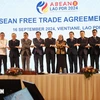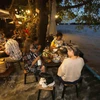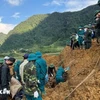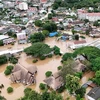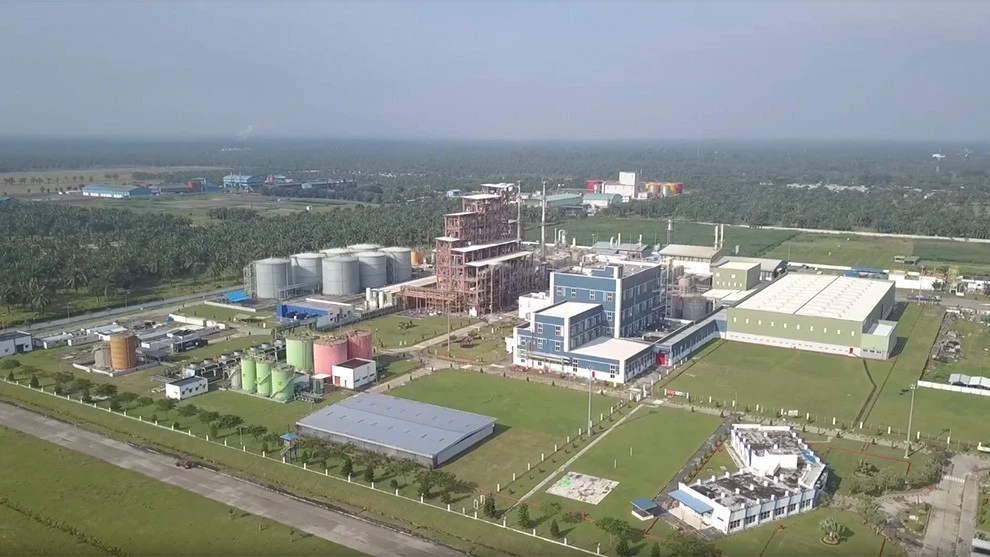
Jakarta (VNA) - Before 2012, only a few people had heard of Sei Mangkei village in Indonesia's North Sumatra. After then-President Susilo Bambang Yudhoyono issued Government Regulation No. 29/2012 on the Special Economic Zone (SEZ) policy, Sei Mangkei rose to fame globally.
Since 2015, eight global companies, Unilever Oleochemical, Alternative Protein (the UK), Aice (Singapore), Alliance Consumer Product, Sheel Oils (India), All Cosmos Biotek, Simedarby (Malaysia) and Evyap (Turkey), have set up factories in the Sei Mangkei SEZ. By June 2024, Indonesia’s 20 SEZs had attracted 368 industrial enterprises, with a total investment of 12.5 billion USD, creating 132,000 jobs.
Some SEZs with high export turnover include Galang Batang, Kendal, Palu and Sei Mangkei. The Sei Mangkei SEZ is the oldest of its kind, with a total export value of 2.01 billion USD, of which downstream palm oil commodities account for the majority of the export products. It covers an area of 2,002.77 ha and is located near the Strait of Malacca, making it attractive to investors.
Research by economist Fumie Takanashi (2023-2024) showed three impacts of the SEZ policy on the palm oil value chain in Sei Mangkei. First, it attracts a large number of palm oil industry investors in Sei Mangkei. Second, the SEZ policy has played an important role in diversifying downstream palm oil products. Before the establishment of the SEZ, the state-owned palm oil company (PTPN3) in Sei Mangkei only produced crude palm oil (CPO) and palm kernel oil (PKO). However, the Sei Mangkei SEZ can now produce a wide range of downstream palm oil products such as edible oil, cream, soap and glycerin. Third, before the SEZ policy was issued, the orientation of PTPN3 was to export CPO and PKO under the Roundtable on Sustainable Palm Oil (RSPO) certification. However, the economic value was not high.
The research highlighted that the SEZ policy also creates circular economy (CE) activities locally. All palm oil production enterprises in the Sei Mangkei SEZ promote CE principles to maximise palm oil resources and protect the environment./.
